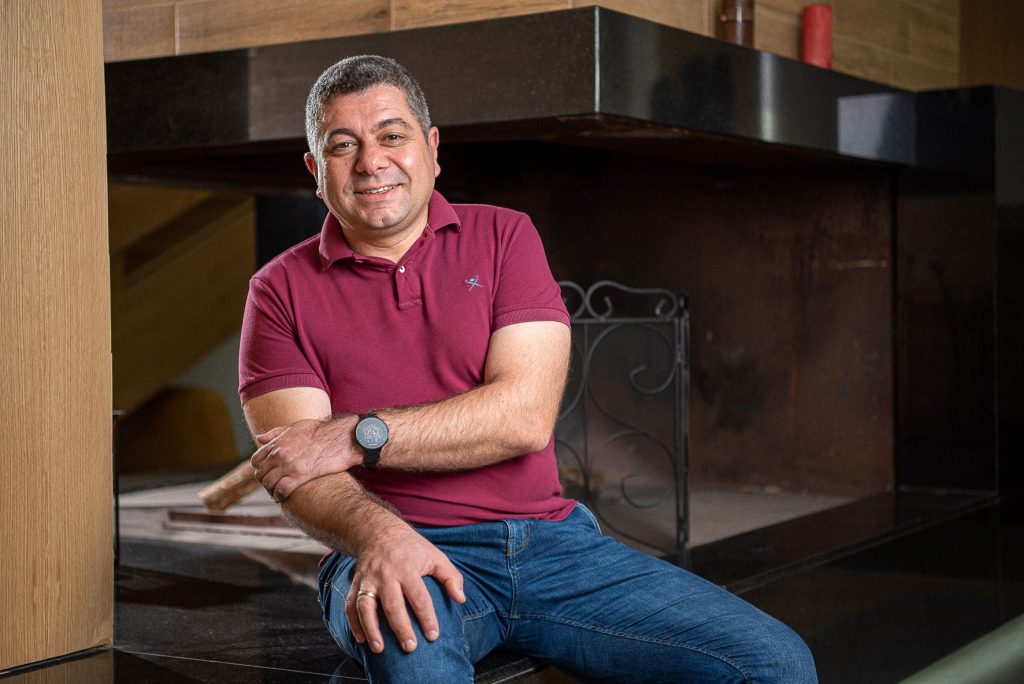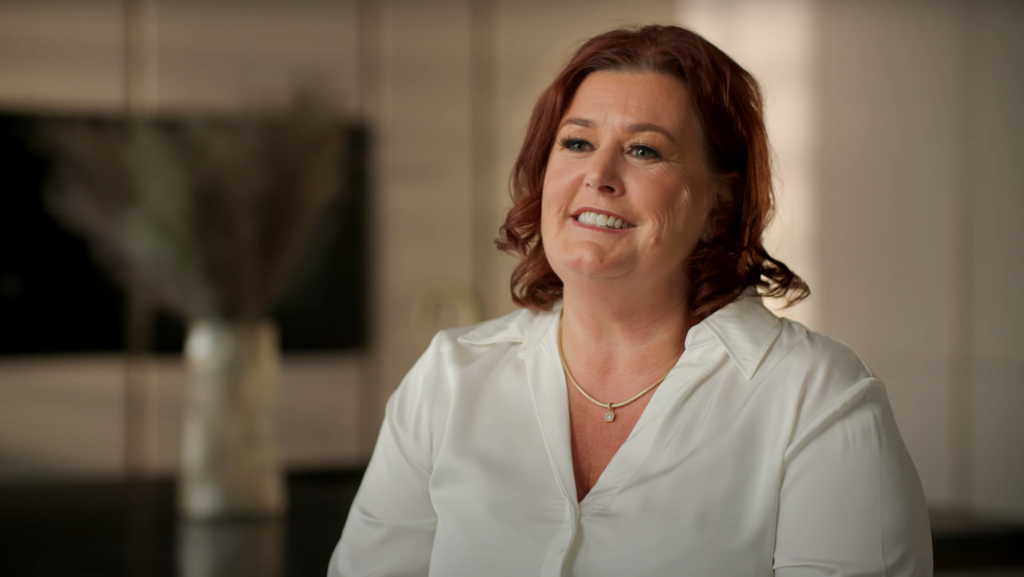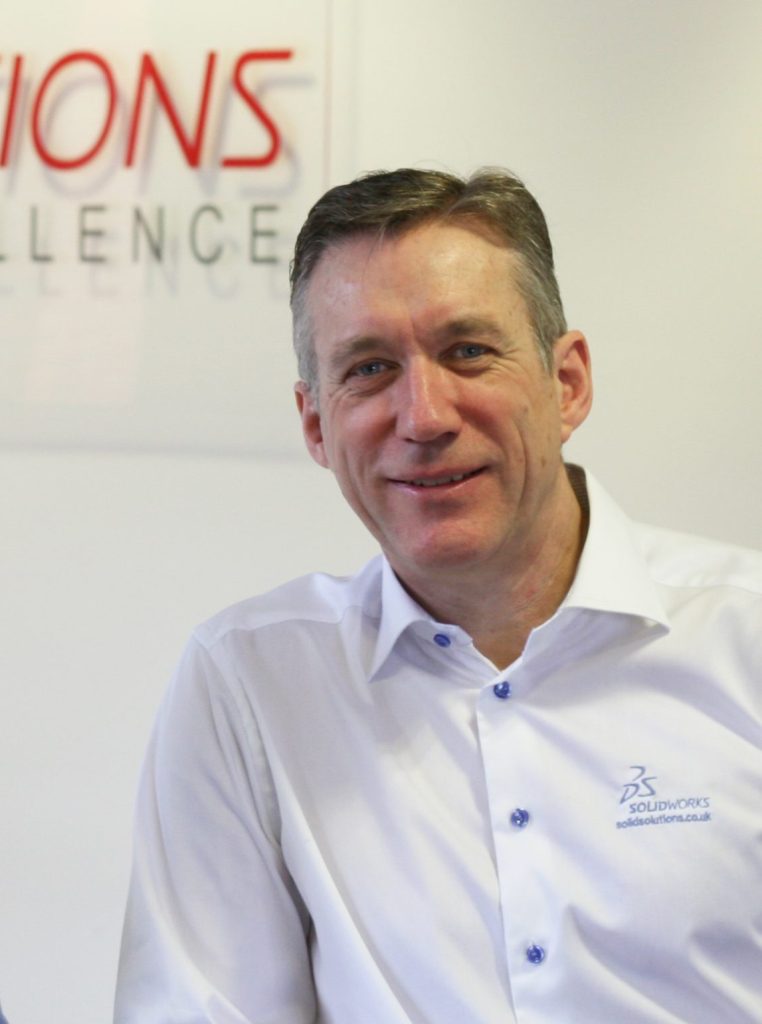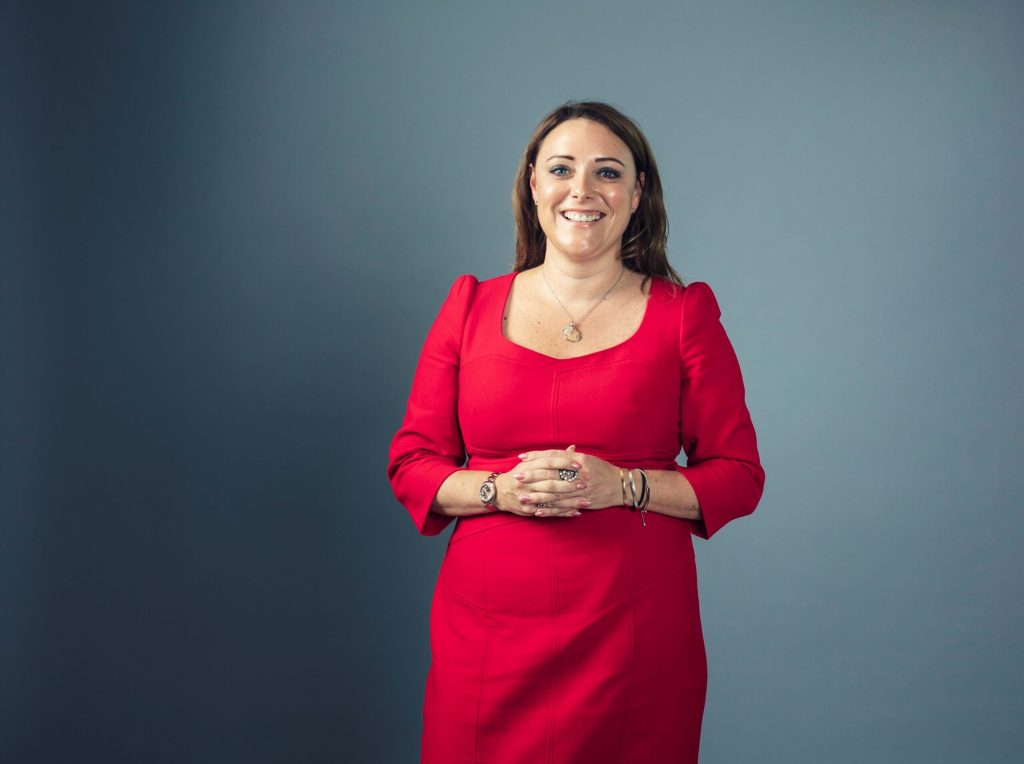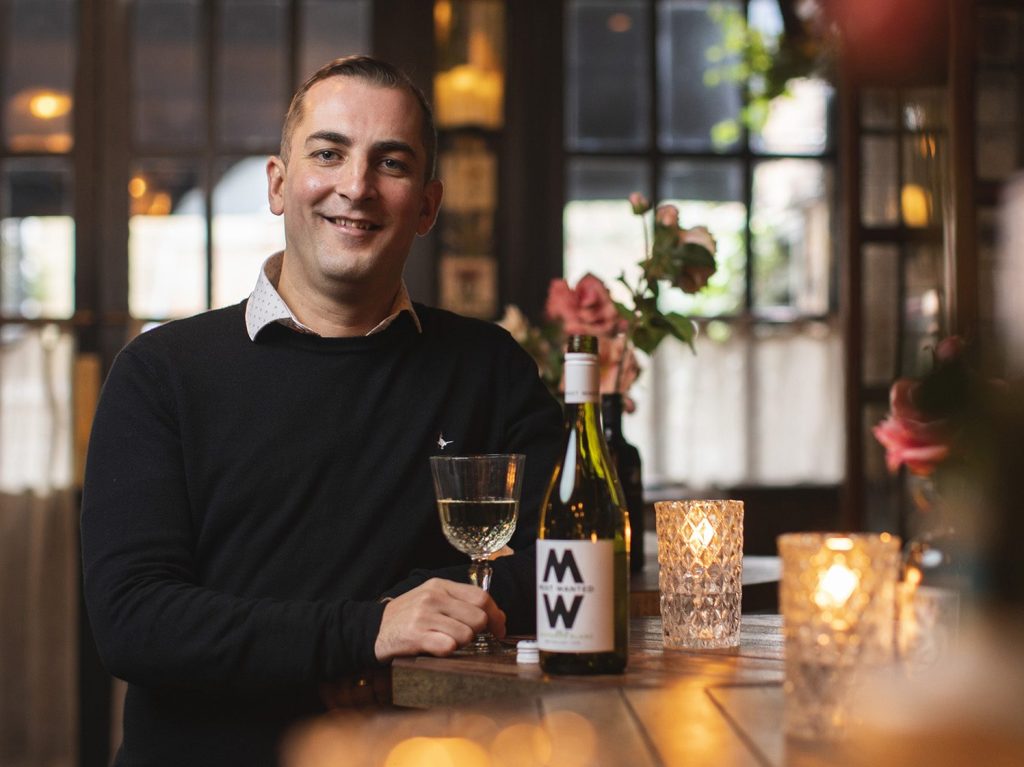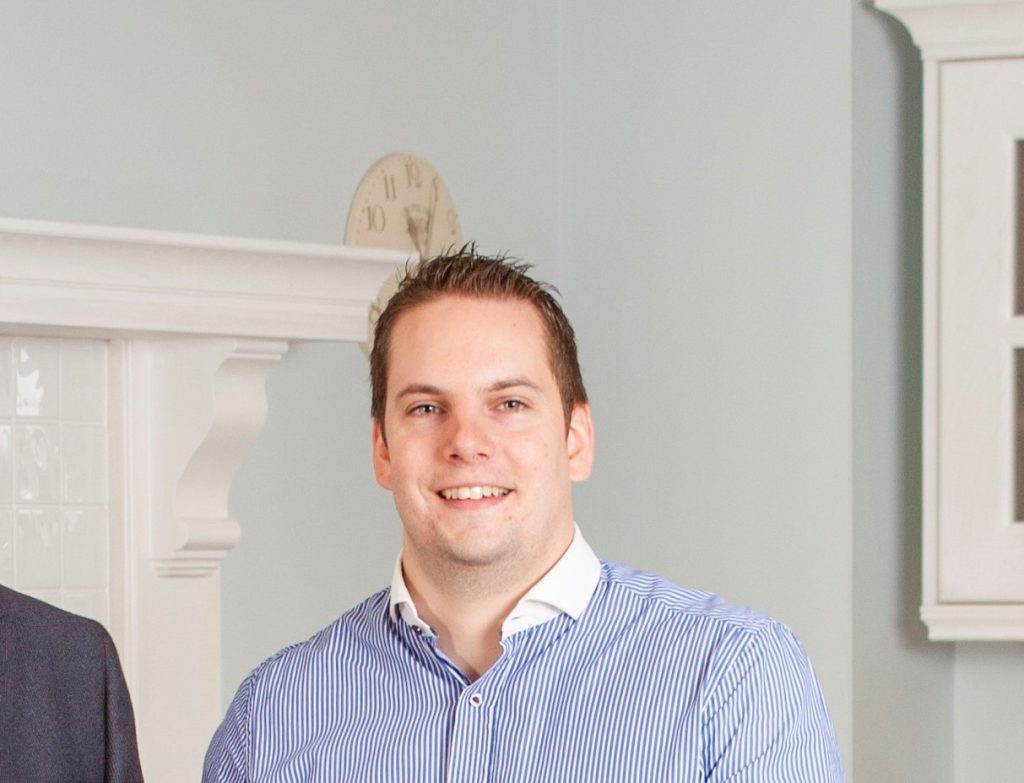In 2014, BGF provided significant investment to Renal Services. Alongside the investment, we introduced the company to its non-executive chair, James Buckley, the former CEO of healthcare group Tunstall. We exited our investment in the business when Renal Services was acquired by global dialysis provider DaVita. Hear from the company’s founder, Stefano Ciampolini, below.
Stefano Ciampolini, Renal Services: “Always play it clean”
As part of our Stories of Growth series, we hear from the founder of fast-growing healthcare business Renal Services.
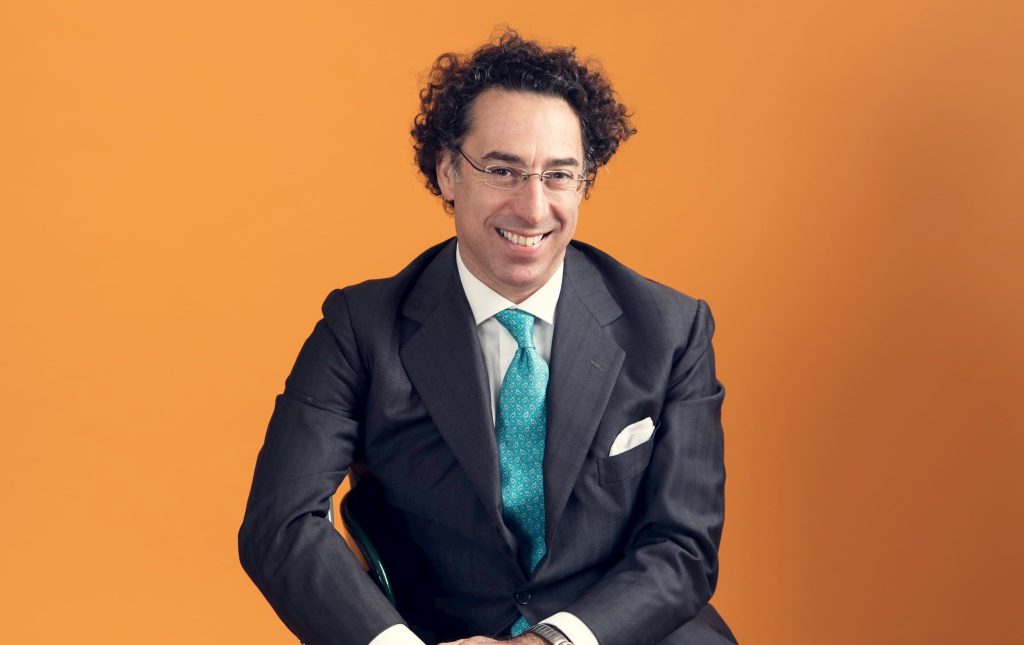
My family interest in healthcare and medical technology goes back a hundred years. My great-grandmother was a nurse, a member of the Red Cross in Italy who built and managed the first private hospital in Florence between the two world wars. As a child, I remember going into the hospital that she ran.
The son of my great-grandmother invented an application for blood testing that is still in use today. My maternal grandfather worked with a team in Zurich that got a Nobel Prize in 1937. My father was an entrepreneur in medical technology, making equipment for blood testing.
As a child, I was never scared of going into hospitals or operating theatres. Blood made me curious about medical technology, it didn’t make me sick. But I never studied medicine. I’m not an inventor. I don’t have the brain to come up with the technology – but, when I see technology I like, I know how to make it work.
Market disruptor
I started Renal Services in 2007. It was a sequel of two previous companies I had built and exited. It was the first one in the UK to try to disrupt the market with a new idea of how to deliver lifesaving treatment for kidney failure that until then was done just by the NHS.
In other countries you have a number of providers of dialysis and renal care – private, non-profit, for profit, religious organisations, state healthcare. My premise was to be completely agnostic, focusing on being the best and most efficient at delivering the treatment.
This was anathema when I went to talk to stakeholders in 2005-06. I was thrown out of the door by many people in the NHS who thought I was the devil. These doctors thought the private sector was just there to make a profit. They didn’t see that we wanted to make it more efficient, more friendly for the patient.
First class lounges
If you have kidney failure and you cannot get a transplant, you have to go to a clinic every other day for four hours to have your blood cleansed – for life. It becomes a really significant part of your life, and you want to be in an environment that is comfortable. Our dialysis units were like first class lounges, with natural light, personal music and TV stations, and great clinical service.
It took a few years to get anyone on board, but in time, people learned about us and saw it was a comfortable place to be treated, offering great care. Off the back of that, we won a contract from the NHS and then kept on winning.
In 2009, we had been going two years and had ambitious plans. I wanted to do an initial public offering (IPO), but then the financial crash happened. It was impossible to raise money. Most of my investors were desperate to get their money out.
We had lined up to do an IPO in October 2009, which took us most of the year to get ready for, then there were no IPOs on the planet. I was left with bills to pay – lawyers, accountants, PR, sponsors, over a million pounds worth of bills. Everyone wanted to be paid even though the IPO didn’t go ahead. Plus, investors wanted their money back, so it all turned into a big fight.
“It was impossible to raise money. There were no IPOs on the planet.”
There was nothing wrong with the business. We were financially sound because we were paid by the NHS, but at that time banks were not lending. For two years, we had to survive by renegotiating with everybody who wanted to be paid.
In 2013, the storm had passed but we found ourselves in the valley of death. You couldn’t move forward because banks were not lending. Too small to go to big private equity funds. That’s when we met with BGF.
We started a journey with BGF in 2014, and over the next six years the company grew 35% a year on average. In 2020, we sold the business to DaVita, a global dialysis provider that wanted operations in the UK. Investors made five times their money on exit. It was a successful journey.
Always play it clean
When we sold the business, my number one priority was that my management team would stay intact. The company will have a bright future as part of a global player in this space, but for me, I was ready to pursue other adventures.
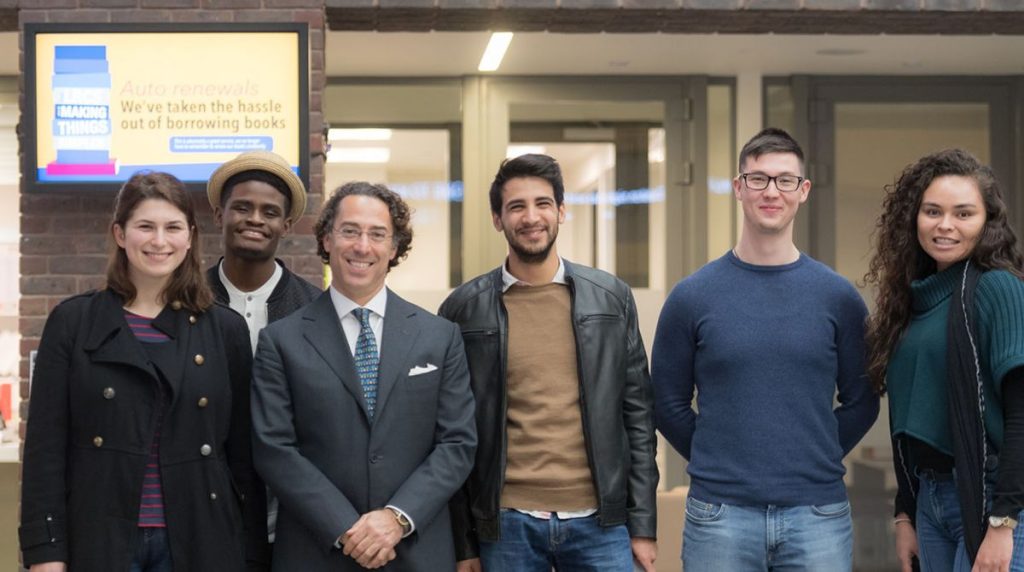
I have always had other companies in healthcare services or medical technology, not in the UK but in the US and Europe. I also like the mentoring side. I’m a teacher, adjunct professor and mentor at two universities. I do this pro bono. I try to help students and graduates turn research projects into startups. My advice to students is always play it clean. By cutting corners and compromising, you’ll pay a price in the end – so be ethical and moral about it.
One of my punchlines is: if you’re onto something and someone comes knocking, asking you to sell, never say no, even if you think it’s too early or you don’t want to let go of your baby. If you’re young, and it’s your first venture, and you exit and make a success of it, that will establish you as someone who can create value for others – and then you can do it again, as soon as you can.
Another thing I tell them is that money is not just money. A lot of people take money without doing due diligence. You need to be wary of who you’re getting into bed with. You need to know the culture and philosophy of the investors. If you’re not on the same page about plan, duration and exit, then it will be a hard relationship.
